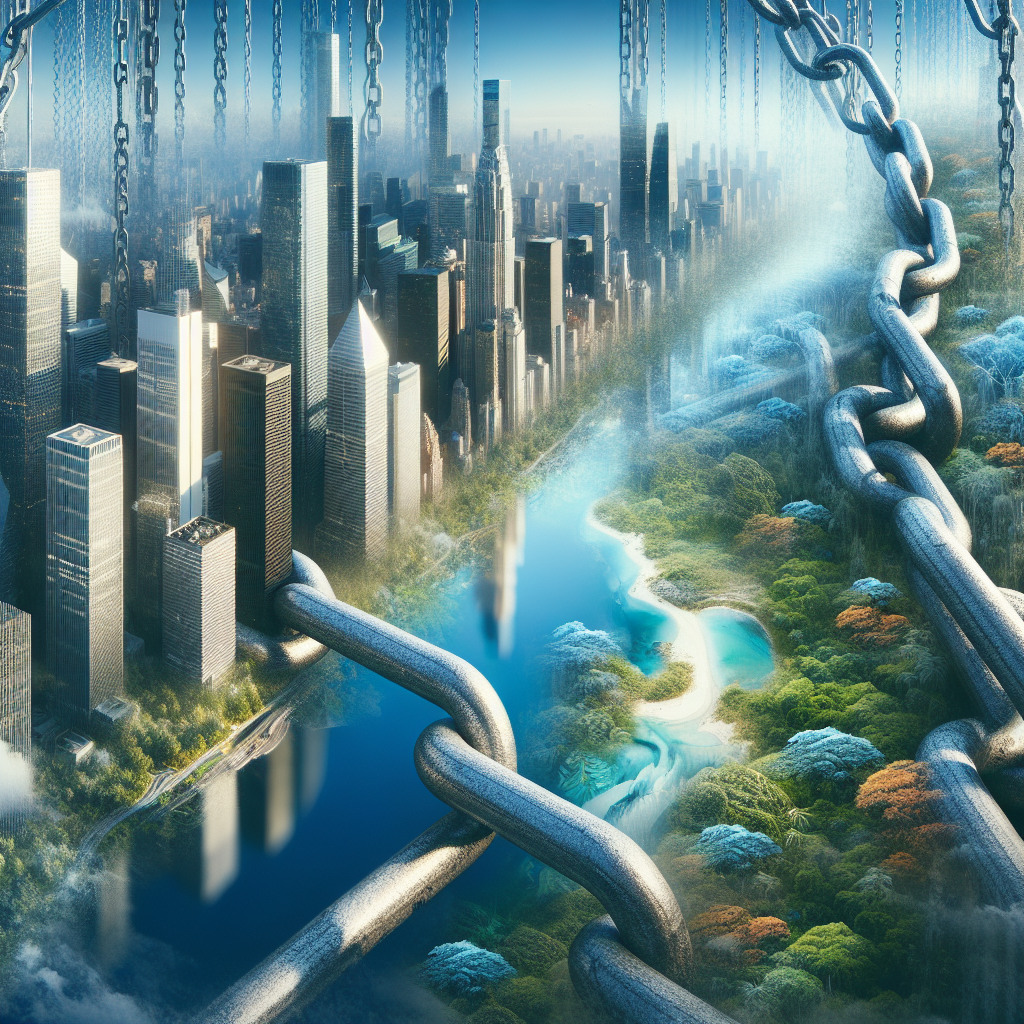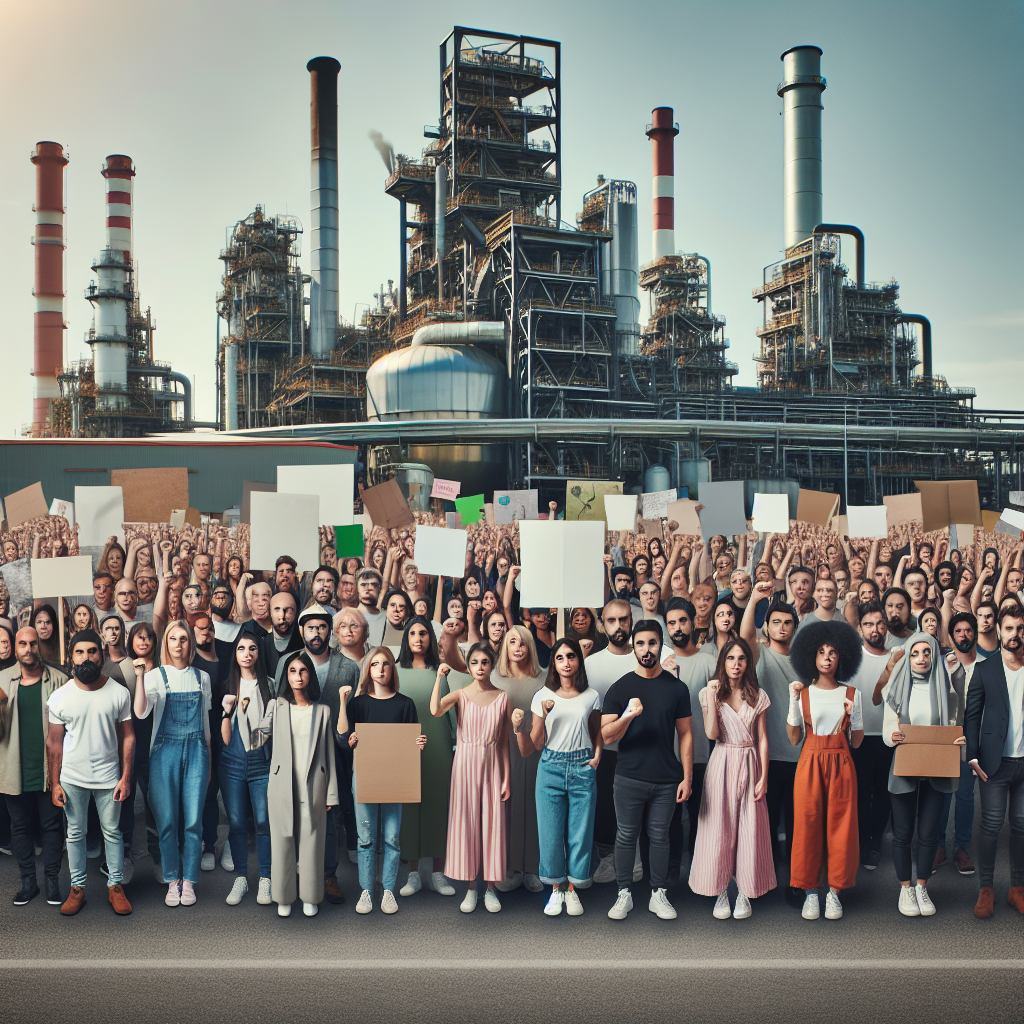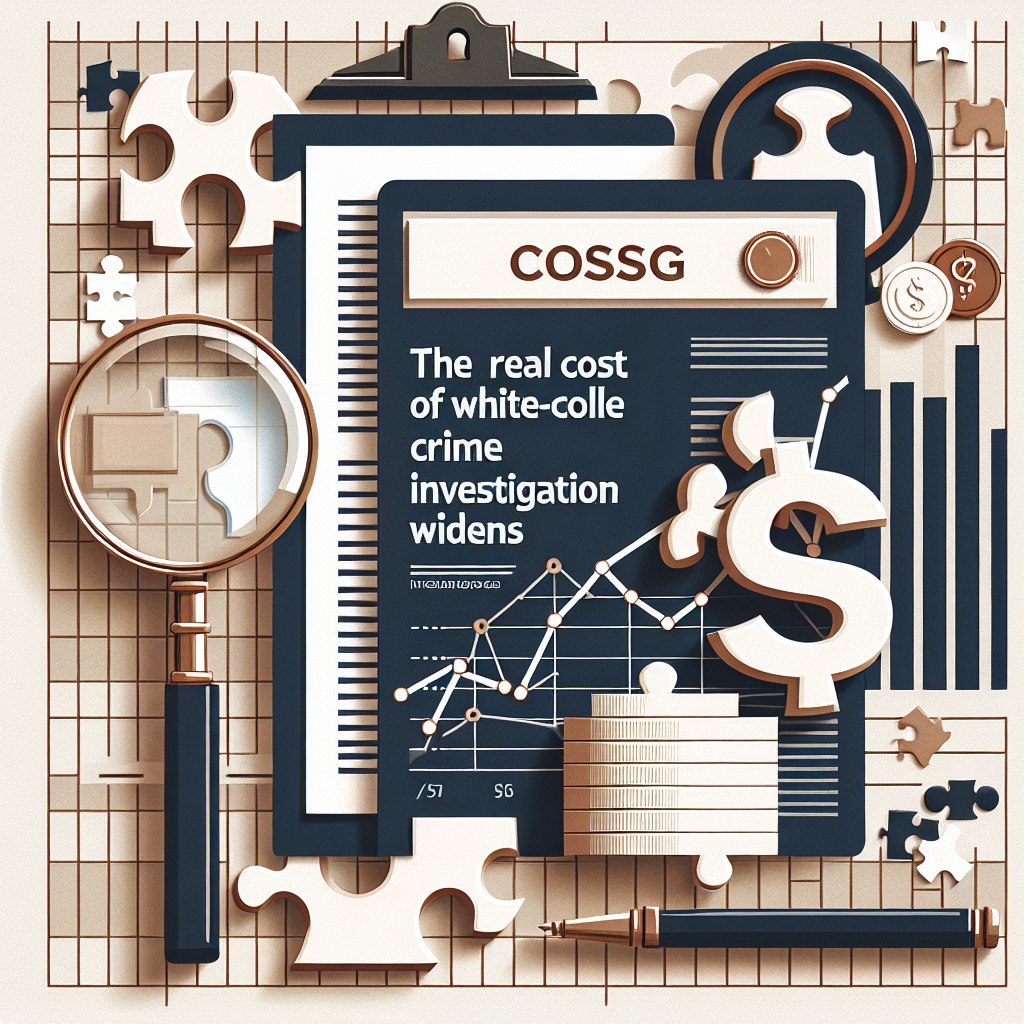As the curtain rises on a rapidly expanding white-collar crime investigation in financial districts worldwide, we find ourselves confronted by a complex narrative that ventures beyond legal precincts and infiltrates diverse sectors of our society. Strangely, this plot features some unlikely protagonists – our invaluable ecosystems.
The environmental repercussions of white-collar crimes have remained underexplored until now but are stepping into the limelight as evidence mounts. Economists turned eco-criminologists highlight chain reactions triggered by fraudulent activities leading to unsustainable practices exacerbating climate change.
The human canvas portraying these circumstances is vast and varied. Communities situated near exploited resources bear physical and emotional scars from landscape disruptions while other groups grapple with socio-economic shifts caused by market manipulations.

Government response remains pivotal in turning pages toward restoration policies aimed at counteracting environmental degradation linked to such malfeasance efforts are underway to integrate green paradigms within financial regulations.
Community Action & Industry Changes
Technological Solutions
Global Implications
The butterfly effect of bodies of white-collar crimes has no borders, unsettling global markets and ecosystems. As the investigation widens, so does international discourse grappling with universal questions about wealth, power, justice, and our shared responsibility towards Planet Earth.
Future Scenarios & What You Can Do
In envisioning future scenarios where green and ethical economies thrive we recognize the need for education amplifying awareness about these obscure intersections between crime and climate change for better policymaking at all levels. Your role? Stay informed act responsibly champion transparency. Because this story matters more than you believe it’s a tale of survival – yours mine ours.


